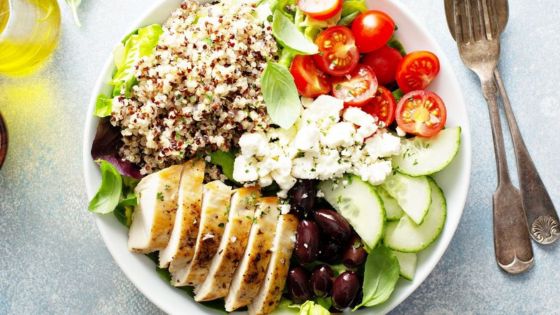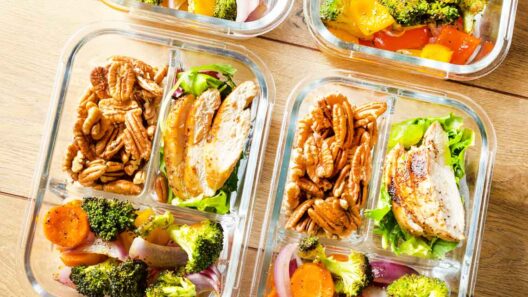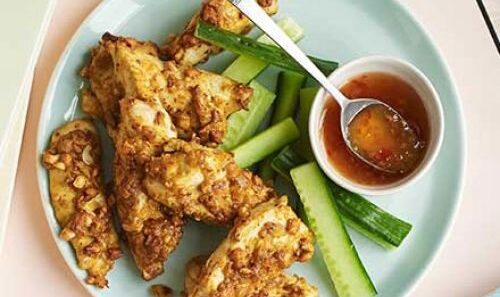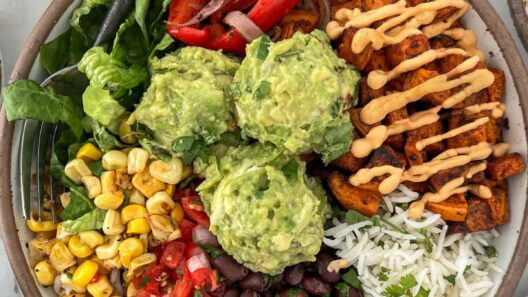If you’re training hard, your body needs the right fuel to recover and perform. Protein is the building block of muscle repair, yet many athletes struggle to hit their daily needs when life gets busy. The good news? You don’t have to spend hours in the kitchen to eat well. With quick, high-protein recipes, you can save time and still hit your nutrition goals.
This article brings you simple, fast, and effective protein-packed meals that fit into even the busiest schedule.
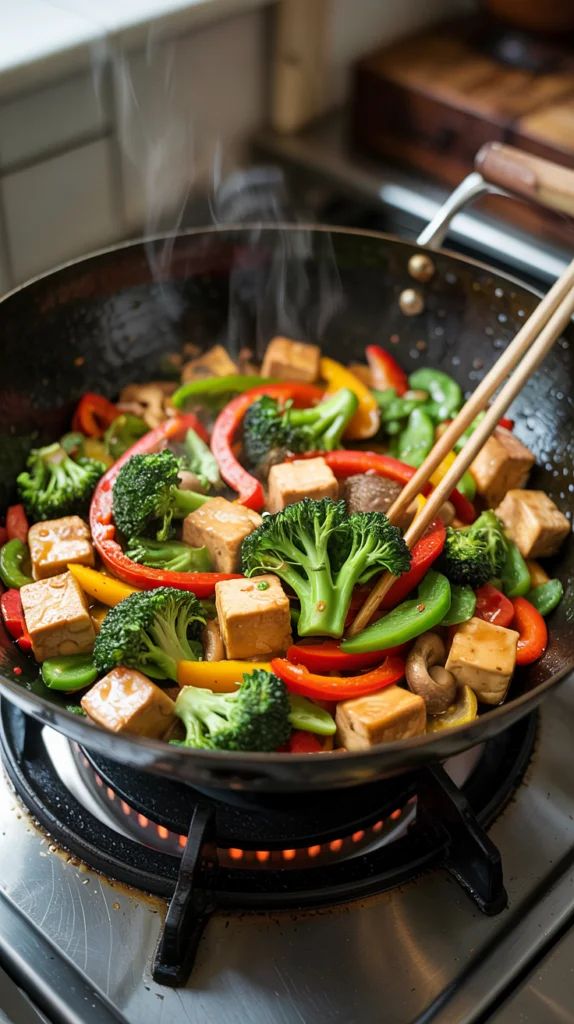
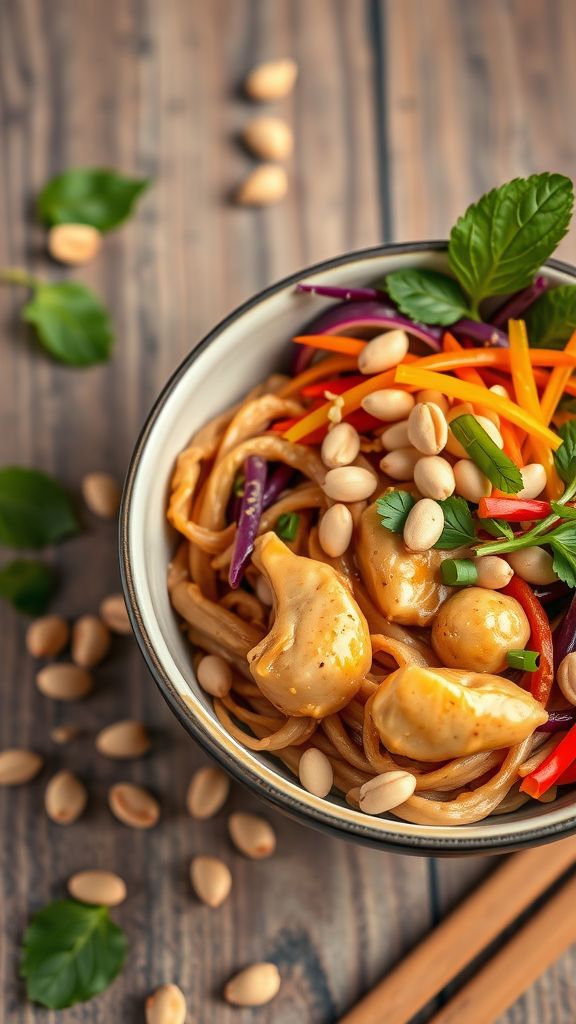
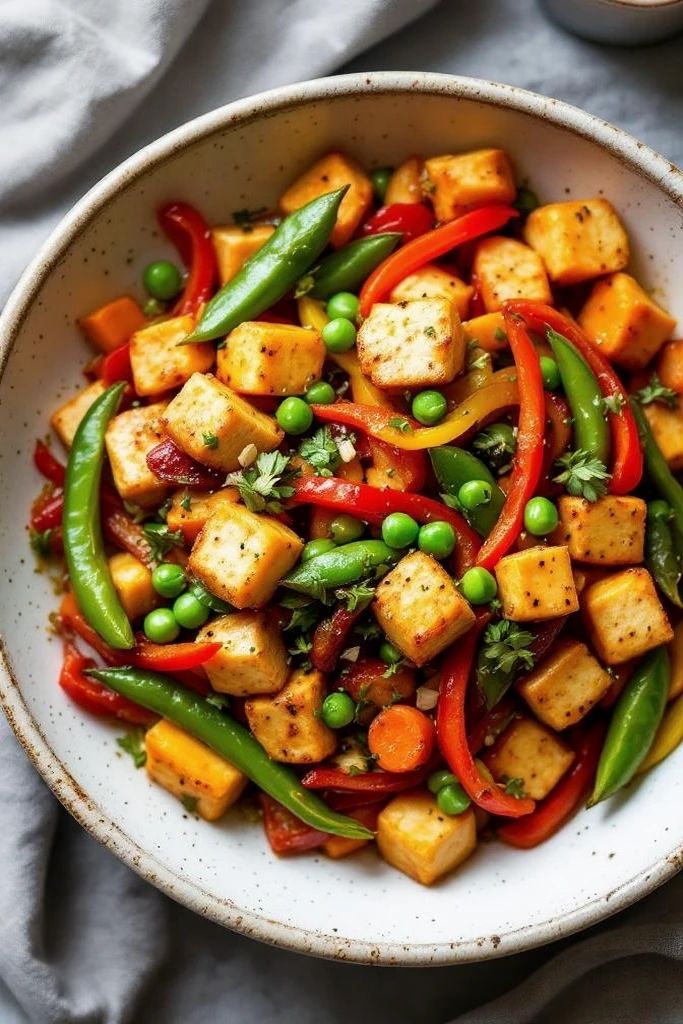
Key Takeaways
- Busy athletes can meet protein needs with simple, quick recipes.
- Meals should combine lean protein, healthy carbs, and fats for balance.
- Prepping ingredients in advance saves time during the week.
- Portable snacks like shakes, wraps, and bars are great for on-the-go fueling.
- Consistency matters more than perfection—small daily wins add up.
Why Protein Matters for Athletes
Athletes need more protein than the average person to repair muscles, support recovery, and sustain performance. Skipping protein can lead to fatigue, longer recovery times, and even muscle loss. By keeping meals simple but protein-rich, you’ll stay energized and ready for the next workout.
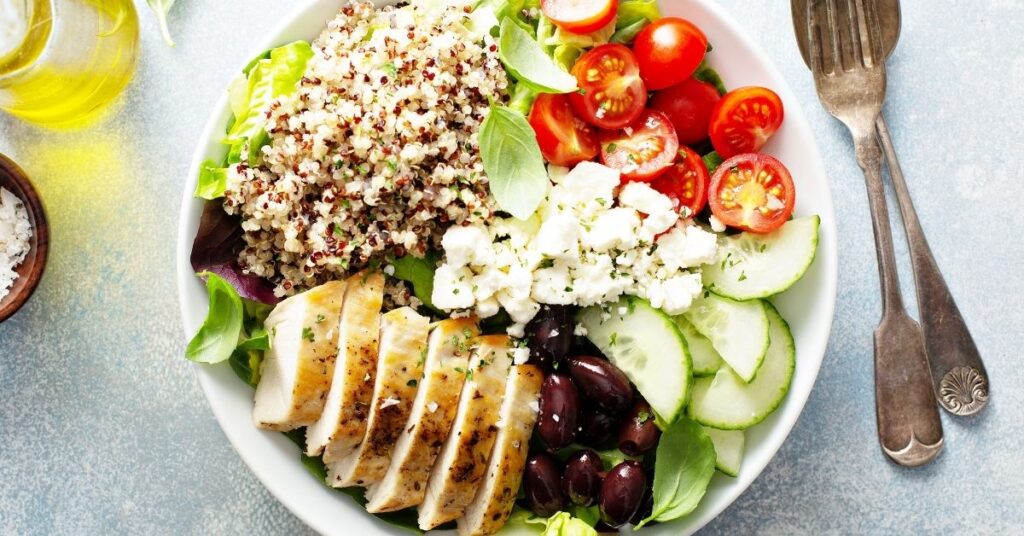
Quick and Easy High-Protein Recipes
1. Greek Yogurt Parfait (20–25g protein)
Layer plain Greek yogurt with berries, granola, and a drizzle of honey. Add a scoop of whey protein powder for extra muscle fuel.
2. Tuna and Avocado Wrap (30g protein)
Mix canned tuna with avocado and lemon juice, spread onto a whole-grain tortilla, and add spinach or cucumbers. Quick, fresh, and portable.
3. Chicken Stir-Fry (35g protein)
Cook diced chicken breast with mixed vegetables in olive oil and soy sauce. Serve with brown rice or quinoa for a complete meal.
4. Cottage Cheese Bowl (20–30g protein)
Pair cottage cheese with pineapple or peach slices, nuts, and chia seeds. It’s creamy, sweet, and rich in casein protein—great for recovery.
5. Protein-Packed Smoothie (25–35g protein)
Blend protein powder, almond milk, banana, spinach, and nut butter. Perfect for post-workout refueling.
6. Egg Muffins (18–24g protein)
Whisk eggs, spinach, peppers, and turkey sausage, pour into a muffin tin, and bake. Store in the fridge for a grab-and-go breakfast.
7. Lentil and Quinoa Bowl (25g protein)
For plant-based athletes, lentils mixed with quinoa and roasted vegetables make a hearty, protein-rich meal. Add tahini or hummus for flavor.
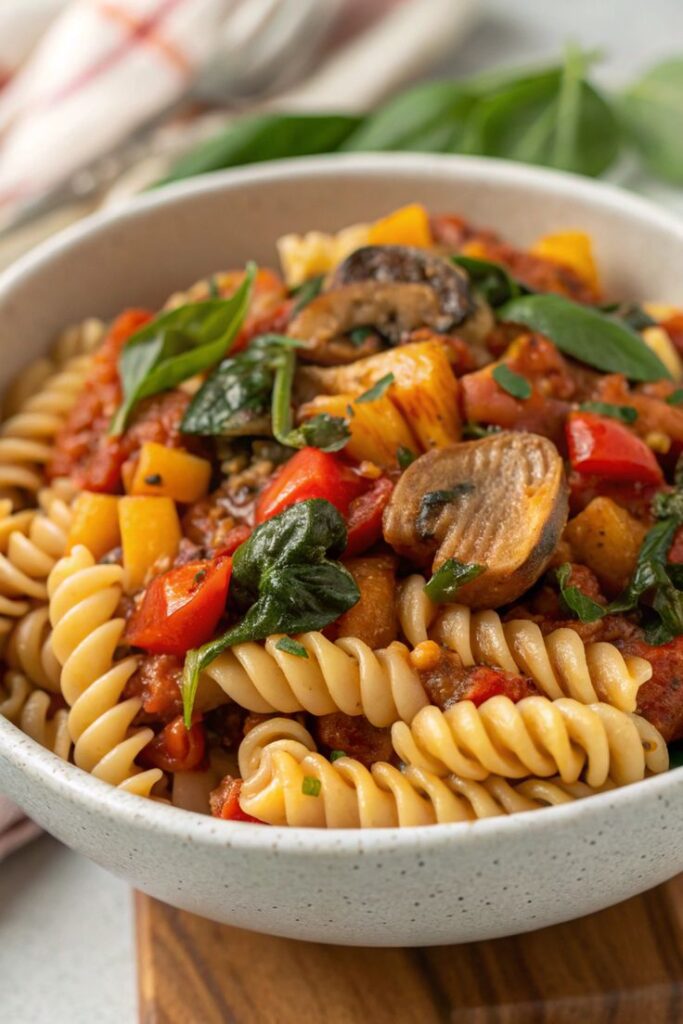
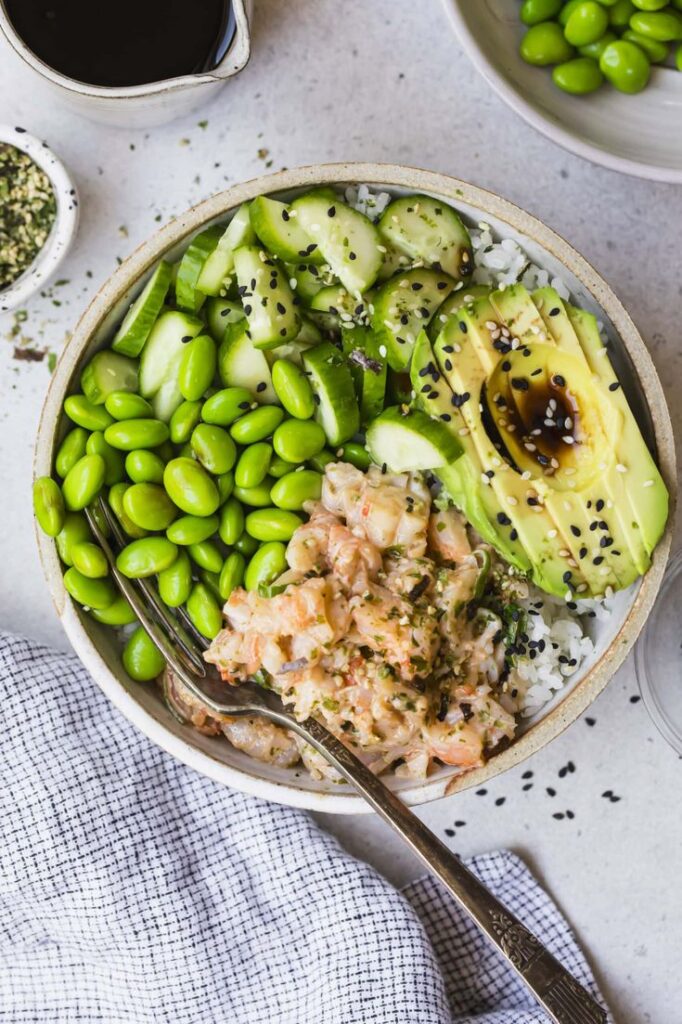
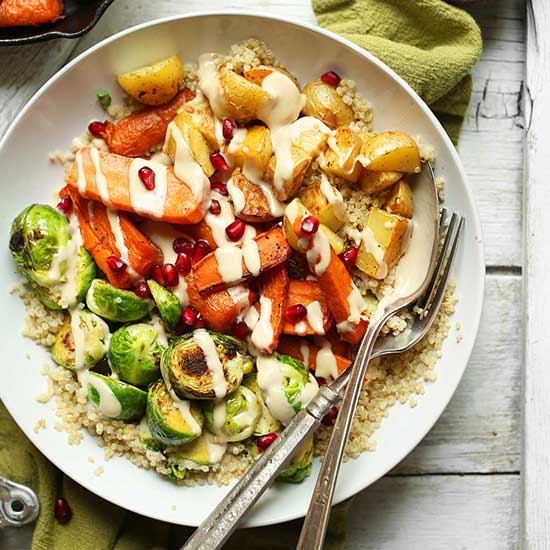
Protein Sources and Their Protein Content
| Food | Serving Size | Protein (grams) | Best For |
|---|---|---|---|
| Chicken breast | 4 oz (113 g) | ~26 g | Lean muscle building, versatile |
| Turkey breast | 4 oz (113 g) | ~25 g | Low-fat, high-protein meals |
| Greek yogurt (plain) | 1 cup (200 g) | ~20 g | Quick snack or smoothie base |
| Cottage cheese | 1 cup (210 g) | ~28 g | Slow-digesting, great for recovery |
| Eggs | 2 large | ~12 g | Breakfast staple, affordable |
| Tuna (canned) | 1 can (165 g) | ~30 g | Portable, protein on the go |
| Salmon | 4 oz (113 g) | ~23 g | Protein + omega-3 fatty acids |
| Beef (lean ground) | 4 oz (113 g) | ~22 g | Iron-rich, strength athletes |
| Lentils (cooked) | 1 cup (200 g) | ~18 g | Plant-based, fiber-rich |
| Quinoa (cooked) | 1 cup (185 g) | ~8 g | Vegan option, complete protein |
| Edamame (cooked) | 1 cup (155 g) | ~17 g | Vegan snack, high in nutrients |
| Tofu | 4 oz (113 g) | ~10 g | Plant-based, versatile in cooking |
| Protein powder (whey) | 1 scoop (30 g) | ~20–25 g | Quick recovery shakes |
Tips for Busy Athletes
- Meal prep once or twice a week. Chop veggies, cook grains, or grill chicken in advance.
- Keep portable snacks handy. Protein bars, jerky, or shakes can save you when you’re on the move.
- Batch cook recipes. Double your portions to have leftovers for the next day.
- Mix and match. Use the same base protein (like chicken or tofu) in different recipes to avoid boredom.
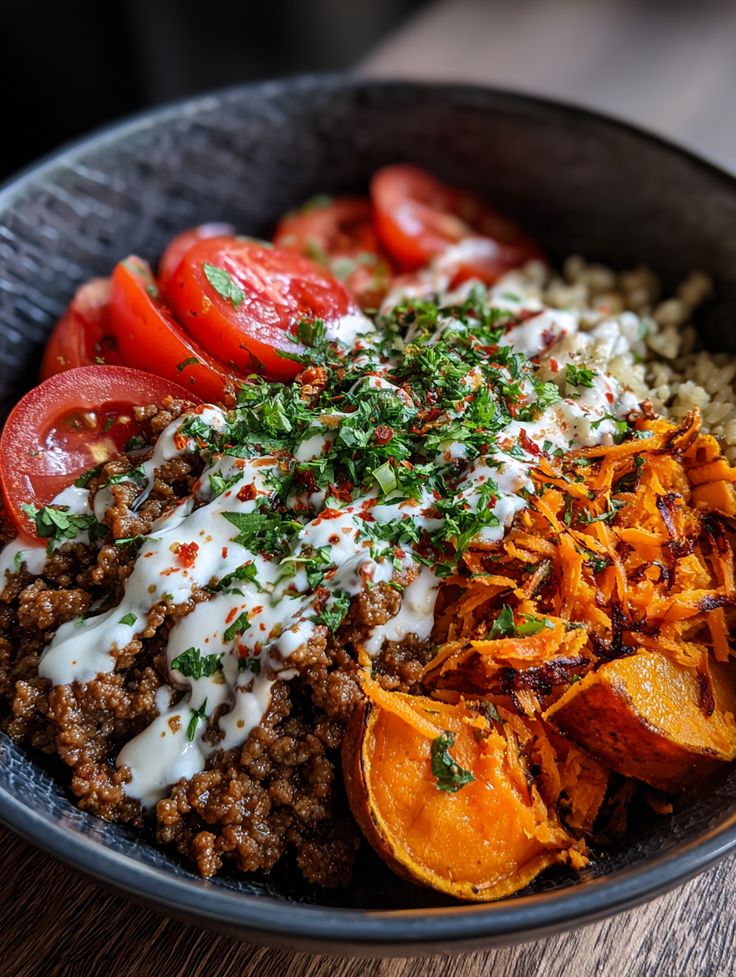
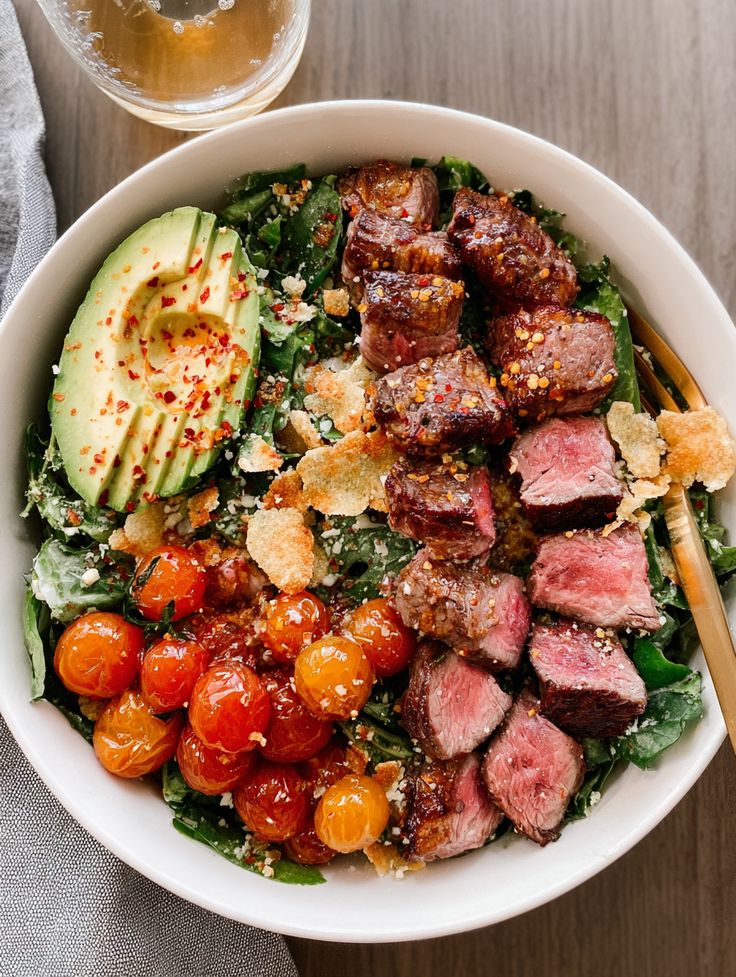

FAQ: High-Protein Recipes for Busy Athletes
Q: How much protein should athletes eat daily?
Most athletes benefit from 1.6–2.2 grams of protein per kilogram of body weight per day, depending on training intensity and goals.
Q: What are the best high-protein snacks for athletes on the go?
Portable options include protein bars, beef jerky, Greek yogurt cups, hard-boiled eggs, and shakes. They’re quick, travel-friendly, and easy to prep.
Q: Can plant-based athletes get enough protein?
Yes. Combining foods like lentils, quinoa, chickpeas, tofu, and edamame ensures a complete amino acid profile without animal products.
Q: When is the best time to eat protein for recovery?
Aim to consume 20–40 grams of protein within 30–60 minutes after exercise to maximize muscle recovery and growth.
Q: Are protein powders necessary for athletes?
Not always. Whole foods should be the foundation of your diet, but protein powders are convenient for meeting daily needs when time is limited.
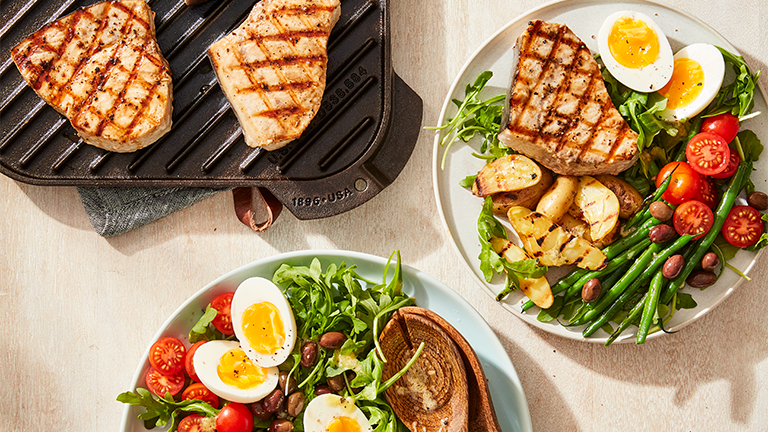
Conclusion
Eating high-protein meals doesn’t have to be complicated or time-consuming. With a little planning and simple recipes, you can fuel your body, recover faster, and stay on top of your game—even with a busy lifestyle.
Your nutrition is as important as your workout. Build consistency with these meals, and your performance will thank you.
